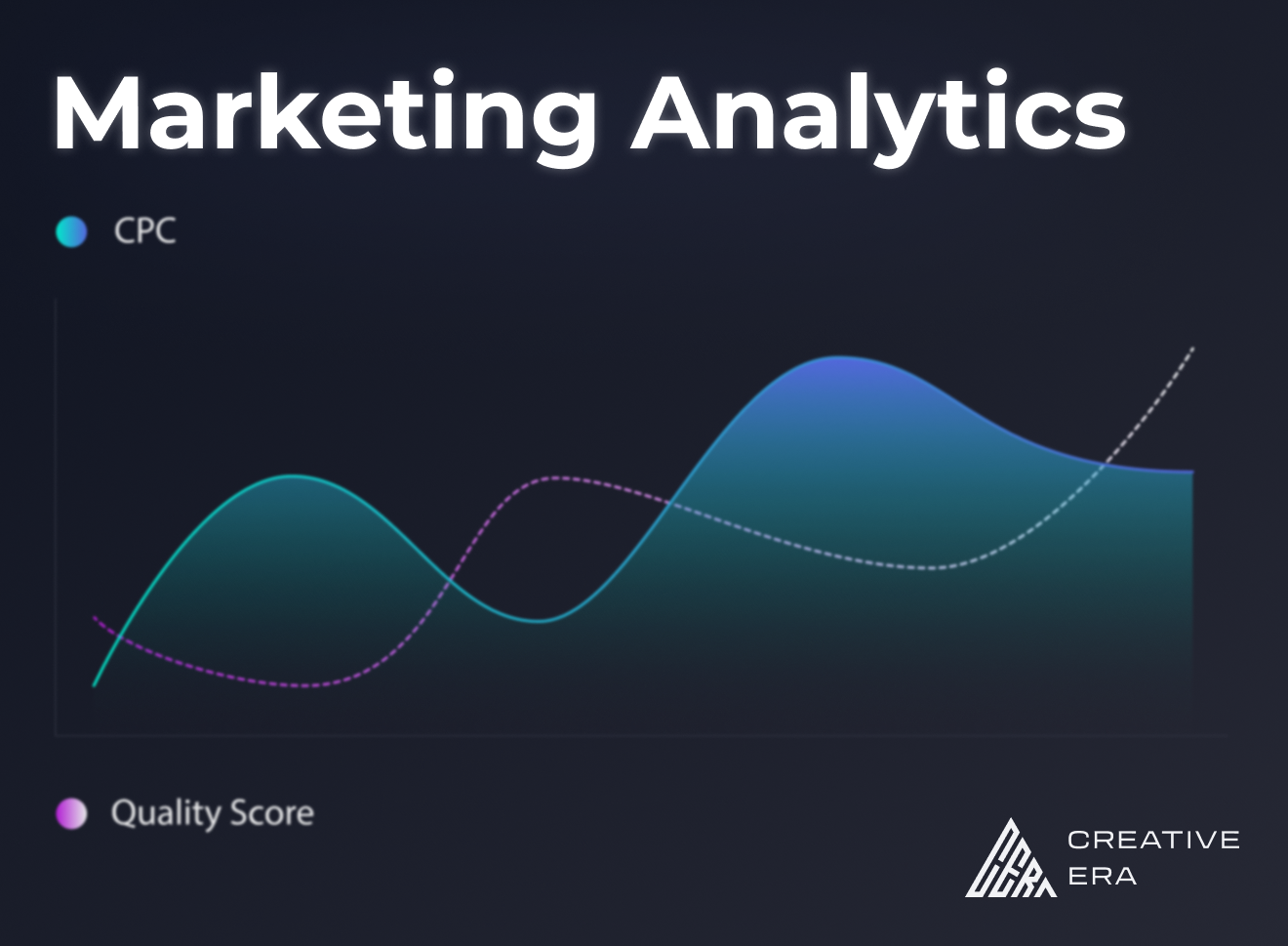Unleashing the Power of Marketing Analytics: How Data-Driven Insights Drive Business Success
In the digital age, marketing success relies heavily on data-driven decision-making. Marketing analytics provides valuable insights that enable marketers to optimize campaigns, improve customer experiences, and drive business growth. In this article, we’ll delve into the world of marketing analytics and explore how leveraging data-driven insights can unlock the full potential of your marketing efforts.
- The Role of Marketing Analytics:
Marketing analytics involves collecting, measuring, and analyzing data to gain insights into marketing performance and consumer behavior. Understand the importance of marketing analytics in making informed decisions, tracking key performance indicators (KPIs), and identifying opportunities for improvement. Explore the different types of marketing data, including customer data, campaign data, and website analytics, and how they contribute to your overall marketing strategy.
- Setting up Effective Tracking:
To derive meaningful insights, it’s crucial to set up proper tracking mechanisms. Implement tools such as Google Analytics, CRM systems, and marketing automation platforms to capture relevant data points. Define key metrics aligned with your business objectives, such as website traffic, conversions, customer acquisition cost (CAC), customer lifetime value (CLV), and return on investment (ROI). Ensure that your tracking is accurate, comprehensive, and covers various touchpoints across the customer journey.
- Analyzing Marketing Metrics:
Once you have collected data, it’s time to analyze it to extract actionable insights. Dive into various marketing metrics and their interpretation. Explore metrics such as conversion rates, click-through rates (CTRs), customer churn rates, engagement metrics, and customer segmentation. Learn how to identify patterns, trends, and correlations to optimize campaigns, target the right audience segments, and allocate resources effectively.
- Leveraging Data-Driven Customer Insights:
Understanding your customers is key to delivering personalized experiences and driving loyalty. Utilize customer data to gain insights into their preferences, needs, and behaviors. Analyze customer segmentation to identify high-value segments and tailor marketing messages accordingly. Leverage data to create buyer personas and map customer journeys, identifying touchpoints where you can engage and nurture relationships.
- Testing and Optimization:
Marketing analytics empowers marketers to run data-driven experiments and optimize campaigns. Explore A/B testing methodologies to compare different variables such as ad copy, design, landing pages, or email subject lines. Use data to make informed decisions about what works best for your audience and continuously refine your strategies based on insights gained from testing.
- Marketing Attribution and ROI Measurement:
Accurately measuring the impact of marketing efforts is crucial for resource allocation and demonstrating ROI. Explore different attribution models to understand the contribution of various marketing channels and touchpoints in the customer journey. Analyze multi-channel funnels to identify the most effective combinations of channels that lead to conversions. Develop comprehensive reporting frameworks that tie marketing activities to tangible business outcomes.
- Predictive Analytics and Future Planning:
Marketing analytics is not just about analyzing past performance but also about predicting future trends and planning accordingly. Embrace predictive analytics to forecast customer behavior, demand patterns, and market trends. Utilize predictive models to optimize pricing, inventory management, and campaign planning. Leverage insights from marketing analytics to make data-backed decisions for future marketing initiatives.
Marketing analytics is a powerful tool that enables marketers to make data-driven decisions, optimize campaigns, and drive business success. By setting up effective tracking, analyzing marketing metrics, leveraging customer insights, testing and optimizing, measuring ROI, and embracing predictive analytics, you can harness the full potential of marketing analytics. Stay agile, adapt to evolving customer needs, and let data be your guide in maximizing the impact of your marketing efforts.


Add a Comment